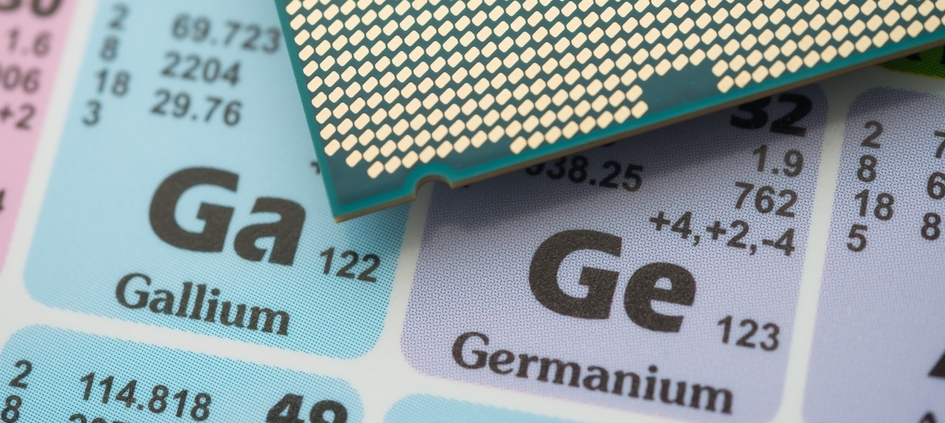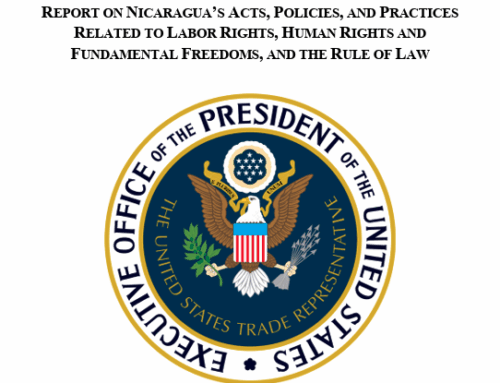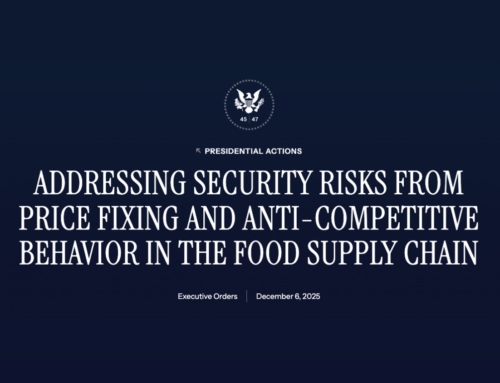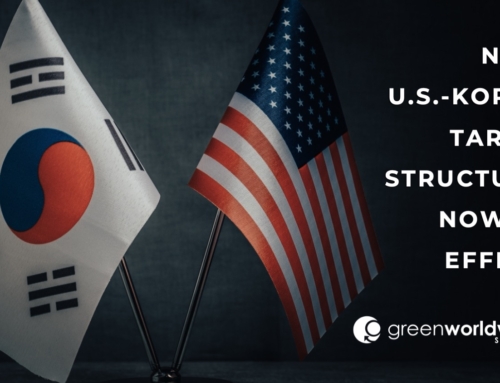China has announced a ban on the export of three critical rare minerals—gallium, germanium, and antimony—to the United States, citing national security concerns. These materials play an essential role in various high-tech industries, including semiconductors, fiber optics, solar energy, and defense technologies. The decision marks the latest development in an escalating trade and technology dispute between the two countries.
TRADE, TECHNOLOGY, AND TENSION
China’s Ministry of Commerce stated the export ban is a direct response to what it perceives as escalating pressure from the U.S. aimed at curbing China’s technological advancements. This move follows a series of export restrictions imposed by the United States on semiconductors and advanced technologies, designed to limit China’s access to cutting-edge manufacturing and artificial intelligence tools.
In addition to this ban, China has recently tightened its export controls on graphite, a key material for electric vehicle batteries, further signaling its intent to protect its dominance in critical supply chains.
RARE MINERALS: GALLIUM, GERMANIUM, AND ANTIMONY
Gallium and germanium are critical in the production of semiconductors, which are the backbone of modern technology, including smartphones, computers, and advanced military equipment. Gallium is also used in solar cells and 5G infrastructure, while germanium finds applications in infrared optics and fiber optic cables. Antimony, a less publicized but equally crucial material, is essential for producing flame retardants, ammunition, and energy-efficient batteries.
SUPPLY CHAIN IMPLICATIONS
The export ban has significant ramifications for global industries. The U.S. and other nations heavily rely on China for these materials, given its dominance in their production and refinement.
- Gallium: China produces over 80% of the global supply.
- Germanium: China is the leading supplier, responsible for approximately 70% of the global output.
- Antimony: China is a key global player, accounting for over 50% of production.
The sudden restriction has raised concerns about potential disruptions in supply chains, with companies in the semiconductor, defense, and renewable energy sectors particularly vulnerable. Industry leaders have urged governments to explore alternative suppliers and invest in domestic production to reduce dependency on Chinese materials.
THE U.S. RESPONSE
U.S. officials are closely monitoring the situation and are considering countermeasures to address the export restrictions. A spokesperson for the Biden administration emphasized the importance of securing resilient and diversified supply chains, signaling a potential acceleration in policies supporting domestic production of critical minerals. The U.S. is also likely to bolster partnerships with other countries, such as Canada and Australia, to mitigate risks.
Experts predict that this move will accelerate efforts to diversify critical mineral sources, invest in recycling technologies, and establish alternative supply chains. However, such transitions require substantial time and resources, leaving industries exposed to potential volatility in the short term.
The international community is watching closely, as the unfolding dynamics between the U.S. and China could reshape global trade, technology, and security for years to come.
Stay up-to-date on freight news with Green’s Weekly Freight Market Update by following us on LinkedIn. For continuous updates, make sure to check out our website at greenworldwide.com.






